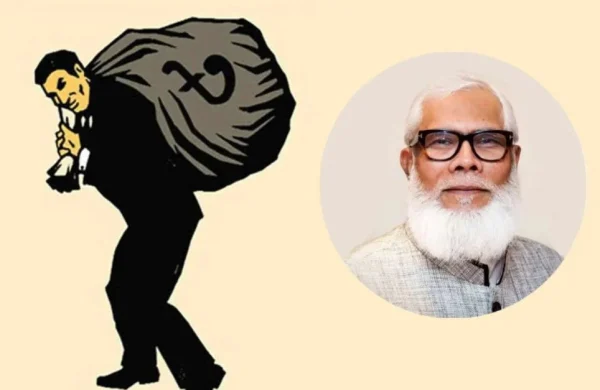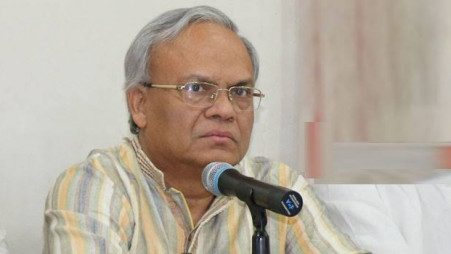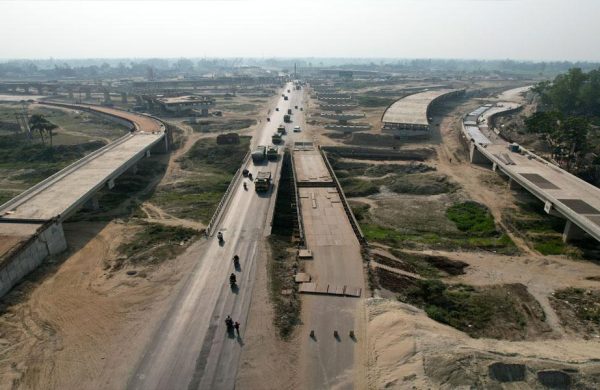The Electric State: Looks beautiful, feels empty
- Update Time : Wednesday, March 26, 2025

Entertainment Desk:
I wanted to love this film. I really did. The first few minutes had me hooked—ruined cities stretching endlessly, mechanical giants lying broken in fields of overgrown weeds, and a lone girl walking through it all, accompanied by a group of robots and people. It looked like a masterpiece in the making. And then, slowly but surely, the feeling faded.
With a budget of $320 million, The Electric State was a major Netflix production, directed by the Russo brothers and written by Christopher Markus and Stephen McFeely. Based on Simon Stalenhag’s graphic novel, it had all the ingredients for something groundbreaking. But the film struggles to connect on a deeper level.
The story centers on Michelle (Millie Bobby Brown), a teenage orphan whose parents are dead and whose brother, Christopher (Woody Norman), is presumed dead. However, her life takes an unexpected turn when Cosmo (Alan Tudyk), a robot, arrives at her foster father’s home with a startling revelation that Christopher is alive and being held by tech mogul Ethan Skate (Stanley Tucci).
Determined to rescue him, Michelle sets out on a perilous mission alongside Cosmo. Along the way, they cross paths with Keats (Chris Pratt), a small-time smuggler, and his robotic companion, Herman (Anthony Mackie). As they dig deeper, they uncover a connection between Christopher’s disappearance and Sentre, a dominant tech corporation run by the shrewd Ethan Skate. His revolutionary technology played a key role in humanity’s victory against the robots, leading to their exile in the exclusion zone.
With Keats and the stranded robots as allies, Michelle takes on Ethan’s powerful empire to bring her brother home.
The Electric State aimed to blend emotion with world-building in a way that could redefine sci-fi storytelling. Instead, Netflix delivered a movie that split audiences—some praising its artistry, others frustrated by its lack of depth. The blend of retro-futuristic technology with desolation makes for an arresting cinematic experience. But that’s where the unanimous praise ends.
Where The Electric State falters is in its emotional depth. The relationship between the people and robots, which should have been the heart of the film, feels distant and underwritten.
There are moments of brilliance—fleeting glimpses of the deeper, more poignant story that could have been—but they are drowned out by a script that never quite finds its footing.
The pacing drags and the emotional beats never fully land. What should have been a deeply affecting odyssey often feels more like a slow, scenic detour with no clear destination.
One of the most frustrating aspects of The Electric State is how close it came to greatness. The pieces were all there—an evocative world, a strong conceptual foundation, and an atmosphere thick with the weight of forgotten memories. And yet, the film feels strangely passive. It is something to watch, not something to feel.

























